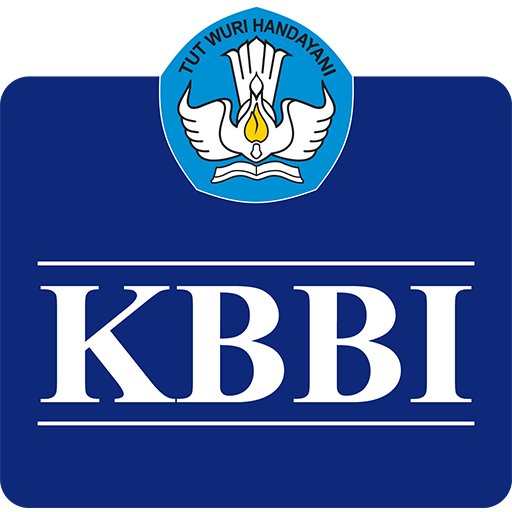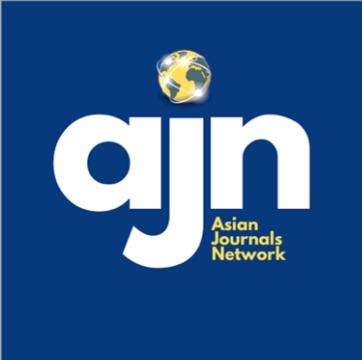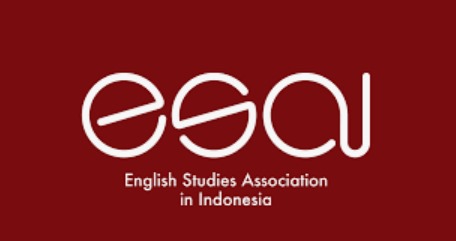The MEANINGS AND VALUES OF THE AQUATIC LEXICONS FOUND IN BATAK TOBA “UMPASA”: AN ANTHROPOLINGUISTIC STUDY
DOI:
https://doi.org/10.33541/dia.v12i1.7014Keywords:
Umpasa, Aquatic lexicons, Anthropolinguistics, Values, Batak TobaAbstract
Umpasa, a Batak Toba poem, is one of the varieties of traditional oral literature owned by the Toba Batak community. During a customary ritual, umpasa is said to be an expression or prayer made to God. Only elders or close relatives who are expressive and rhythmic in their delivery of umpasa are permitted to do so. This serves as a sign that the elders or relatives have a thorough understanding of the customary rite. There are many umpasa that use aquatic lexicons found in Batak umpasa, this is because Bataknese live around Lake Toba, such as Samosir island, North Tapanuli region and 5 others regions. This research aimed to analyse meanings and values of umpasa that use aquatic lexicons found in Batak Toba. Descriptive qualitative methodology was employed in this study by using anthropolinguistic theory which studies the text and performance of oral traditions within the framework of anthropology, studying the cultural context, ideological context, social context, and situational context of oral traditions within the framework of linguistics. This approach is employed due to the fact that the data source under investigation consists of transcripts of speeches collected from documents. The research results illustrate the following. First, Batak Toba umpasa regulates the relationship between man and God, man and man, man and nature. Second, the values found in aquatic lexicons umpasa are religious value, solidarity, commitment, gratitude, hard work, mutual cooperation, welfare value.
Key words: umpasa, aquatic lexicons, anthropolinguistics, values
References
Duranti, A. (2020). The anthropology of language: An introduction to linguistic anthropology. Wiley-Blackwell.
Foley, W. A. (2019). Anthropolinguistics: Language and culture in context. Cambridge University Press.
Geeraerts, D. (2021). Theories of lexical semantics. Oxford University Press.
Levinson, S. C. (2022). Pragmatics and cultural meaning. Routledge.
Maharani, R., Sitorus, A., & Lubis, F. (2023). Indigenous knowledge and linguistic preservation in Batak oral traditions. Journal of Ethnolinguistics, 15(2), 45-67.
Saragih, B. (2020). Metaphorical expressions in Batak Toba proverbs: A cognitive semantics approach. Linguistic Inquiry, 12(3), 78-95.
Sinaga, R., Lubis, F., & Sitorus, A. (2021). Semiotic analysis of Umpasa: Cultural values in Batak oral traditions. Journal of Anthropolinguistics, 10(1), 33-56.
Sitorus, A., & Lubis, F. (2023). Environmental knowledge in Batak Toba oral traditions: A lexical study. Journal of Indigenous Linguistics, 18(4), 112-130.
Saragi, D. M. (2022). Lexicons of fauna in Batak Toba umpasa: A study of ecolinguistics. Jurnal Scientia, 11(02), 82-91.
Sibarani, R. (2020, April). Developing friendly city and friendly village based on local culture: An Anthropolinguistic Study. In IOP Conference Series: Earth and Environmental Science (Vol. 452, No. 1, p. 012062). IOP Publishing.
Sitorus, N., & Lubis, T. (2023). The lexicon on natural knowledge of Umpasa in Batak Toba. Tradition and Modernity of Humanity, 3(1), 28-34.













.jpg)





